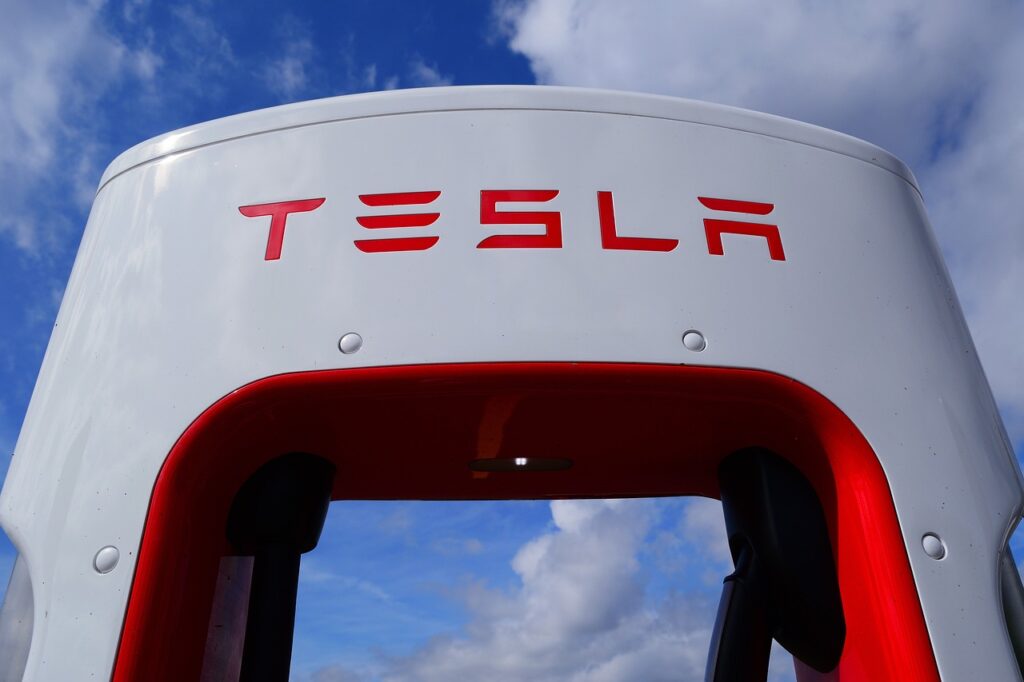Tesla is reportedly securing a $2.11 billion, three-year battery supply deal with South Korea’s Samsung SDI, marking a critical step in its effort to expand energy storage production beyond China.
The Korea Economic Daily cited industry sources suggesting the agreement will provide Energy Storage System (ESS) batteries exclusively for Tesla’s Powerwall and Megapack products, not its electric vehicles.
While Samsung SDI has maintained that “nothing has been decided yet,” the reported deal underscores a strategic diversification of Tesla’s battery supply chain. The company has long relied heavily on China’s CATL for both EV and energy storage products. A partnership with Samsung would not only enhance supply security but also reduce geopolitical exposure—particularly important as global battery trade becomes increasingly influenced by the U.S. Inflation Reduction Act and China’s export controls on key materials.
Tesla’s energy division has quietly become one of the company’s fastest-growing businesses. In its latest quarterly report, energy storage deployments hit record levels, with Megapack installations expanding at a faster rate than vehicle deliveries. The division’s revenue rose sharply in 2024, supported by global demand for grid-scale storage as renewable energy projects accelerate.
Tesla’s energy systems are designed for three tiers of use: the Powerwall for households, Powerpack for commercial facilities, and Megapack for utility-scale grid operations. The Samsung SDI supply is expected to feed the Megafactories in Lathrop, California, and Shanghai, where Tesla is ramping up production to meet surging orders from utilities and governments.
The deal’s timing aligns with broader energy transition dynamics. The International Energy Agency projects the world will require up to 50 times more grid-scale battery capacity by 2040 to reach net-zero emissions. Grid operators are already seeking multi-hour storage to balance intermittent renewables—a demand Tesla’s Megapack directly targets.
Samsung SDI, known for its high-density lithium-ion and emerging solid-state battery technologies, brings a strong manufacturing pedigree to the collaboration. The company already supplies automakers such as BMW, Stellantis, and Rivian, and has been investing heavily in U.S. production to qualify under local sourcing rules. For Tesla, securing such a partner reinforces its ability to scale globally while maintaining access to advanced battery chemistries.
Financially, the partnership could offer mutual stability. Tesla gains predictable access to non-Chinese battery capacity, while Samsung SDI locks in multi-year revenue from one of the energy sector’s most visible players. Both companies’ shares reacted positively to reports of the agreement, reflecting investor confidence in the long-term energy storage growth trajectory.
Stay updated on the latest in energy! Follow us on LinkedIn, Facebook, and X for real-time news and insights. Don’t miss out on exclusive interviews and webinars—subscribe to our YouTube channel today! Join our community and be part of the conversation shaping the future of energy.
